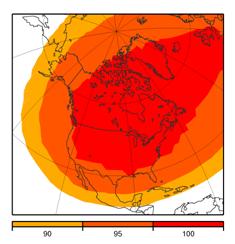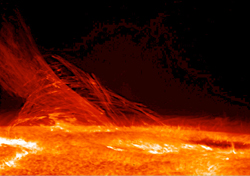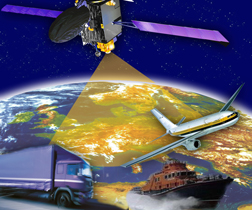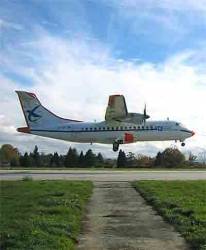GNSS Opportunities Help Drive UK to Set Up National Space Agency
 British Prime Minister Gordon Brown visits the Geospatial Building at the University of Nottingham. Photo courtesy of GRACE
British Prime Minister Gordon Brown visits the Geospatial Building at the University of Nottingham. Photo courtesy of GRACE(This article first appeared in the March 31 Inside GNSS SIGNALS eNewsletter)
Driven in part by a prestigious Space Innovation and Growth Strategy (Space IGS) report suggesting that the nation has lost both the best industrial work and the ability to influence programs such as Galileo, the United Kingdom will establish a new national space agency on April 1.
By Inside GNSS










